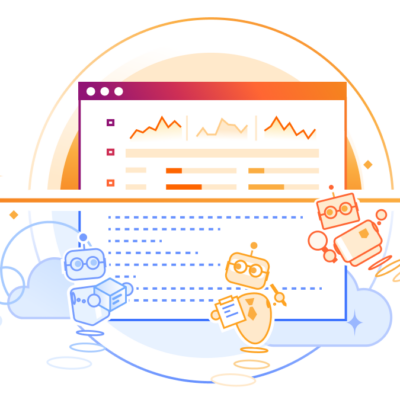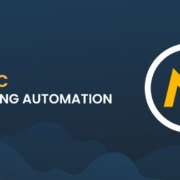The race to dominate the artificial intelligence (AI) landscape is heating up, and Meta’s recent delay in launching its flagship AI model, dubbed “Behemoth,” has handed competitors OpenAI and Google an even greater head start. This unexpected postponement raises questions about Meta’s ability to keep pace in the fiercely competitive world of generative AI.

The Planned Release and Subsequent Delays
Meta initially planned to unveil Behemoth at its first generative AI developer conference, LlamaCon, held last month. The event was expected to showcase the company’s latest advancements in large language models (LLMs), with Behemoth being hailed as one of the most powerful AI models in the world. However, the release was pushed to June, and now, reports suggest it may be delayed further—possibly until fall or later.
According to The Wall Street Journal, Meta’s engineers are struggling to significantly enhance Behemoth’s capabilities, despite claims that it already outperforms rival models like GPT-4.5, Claude Sonnet 3.7, and Gemini 2.0 Pro on several STEM benchmarks. This internal struggle has sparked concerns about the model’s readiness for public release.
Internal Concerns About Behemoth’s Impact
While Meta has publicly positioned Behemoth as a groundbreaking model designed to serve as a “teacher” for future AI systems, internal sentiment tells a different story. Engineers reportedly worry that the improvements Behemoth offers over existing models may not be substantial enough to justify its release.
This skepticism is particularly noteworthy given Meta’s recent rollout of Llama 4, the latest iteration in its Llama family of LLMs. Two smaller variants of Llama 4, Scout and Maverick, are already available, and Meta has teased the release of a lightweight version. With these models already in the market, the pressure to deliver a truly transformative upgrade with Behemoth is immense.
The Broader AI Race: Meta vs. OpenAI and Google
Meta’s delay underscores the challenges it faces in competing with AI powerhouses like OpenAI and Google. While Meta has integrated AI features across its flagship platforms—Facebook, Instagram, WhatsApp, and Messenger—the company’s standalone Meta AI app, released in April, has yet to make a significant splash.
In contrast, OpenAI and Google have been consistently shipping new AI releases at a rapid pace. GPT-4.5 and Gemini 2.0 Pro are already setting industry standards, leaving Meta playing catch-up. The repeated delays for Behemoth only widen the gap, giving OpenAI and Google more time to solidify their dominance in the AI space.
What This Means for the Future of AI
The delay of Behemoth is more than just a setback for Meta; it highlights the immense technical and strategic challenges involved in developing cutting-edge AI models. As competitors continue to push the boundaries of what AI can achieve, Meta must find a way to overcome its internal hurdles and deliver a product that can truly compete.
For now, the AI race remains wide open, but Meta’s stumbles provide a clear advantage to its rivals. How the company responds in the coming months will be critical in determining its place in the evolving AI landscape.
The Road Ahead for Meta’s AI Ambitions
Despite the setbacks, Meta is far from out of the game. The company’s commitment to AI innovation is evident in its ongoing development of the Llama models and its efforts to integrate AI across its platforms. However, to regain momentum, Meta must address the technical challenges delaying Behemoth and accelerate its efforts to deliver a model that lives up to its promises.
Meta’s ability to innovate at scale, combined with its vast user base, gives it a unique advantage. But in a field where speed and precision are paramount, the company can ill afford further delays.
Conclusion: A Critical Juncture for Meta
The delay of Meta’s Behemoth AI model is a significant moment in the ongoing battle for AI supremacy. While the company remains a formidable player, its struggles to launch this flagship model have given competitors like OpenAI and Google a clearer path to dominance.
As Meta navigates this critical juncture, the stakes couldn’t be higher. The question now is whether the company can overcome its challenges and reclaim its position at the forefront of AI innovation—or whether it will continue to fall behind in the race to redefine the future of technology.









